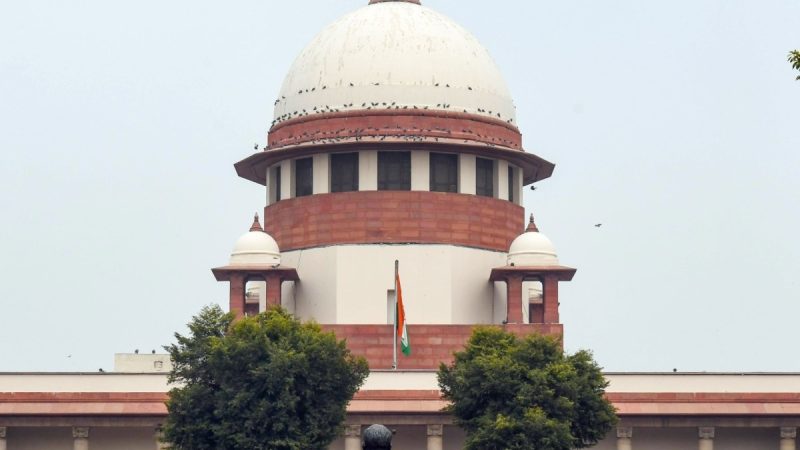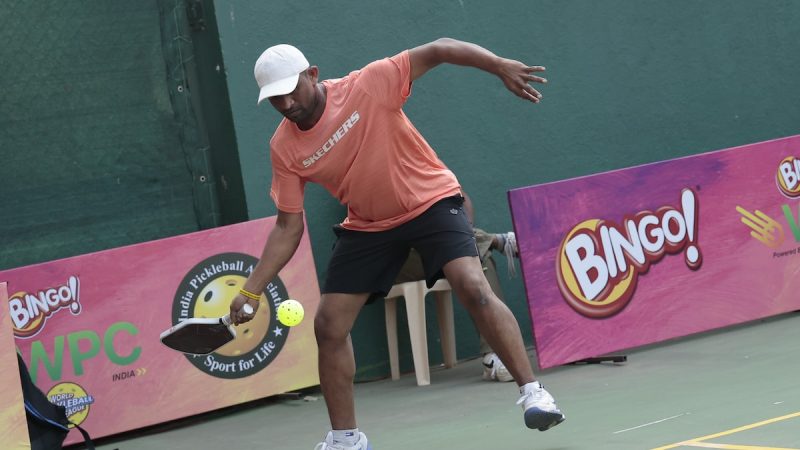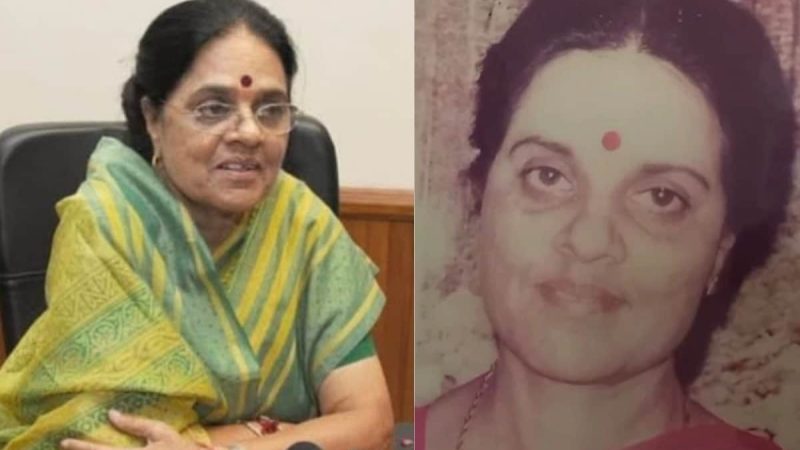Editorial: Finally, green signal for caste census

Caste survey is much needed, especially when jobs and economic opportunities for the disadvantaged sections have been shrinking and the social disparities widening
Published Date – 1 May 2025, 08:22 PM

The Centre has finally shed its ambivalence on the caste census and given a green signal for the enumeration of castes as part of the next population census. This is a welcome development, given the growing demand for caste census in the country to fine-tune the idea of social justice. This comes at a time when jobs and economic opportunities for the disadvantaged sections have been shrinking and the social disparities widening. The BJP leadership has been dilly-dallying on the matter, though there is a strong case for conducting a national caste census to identify socially, economically and educationally backward communities, and increase reservations proportionate to their population. In the run-up to the 2024 Lok Sabha elections, almost every party, barring the BJP, came out in support of the caste census. In recent times, several State governments have sought to implement “quota within quota” by subcategorising OBCs based on their own caste censuses, calling them “surveys” because the Census is technically part of the constitutional mandate of the Centre. It is ironic that while caste plays a dominant role in India’s social, economic and political life, there is still no credible and comprehensive caste data. The only caste data available is from the Census of 1931. Without reliable data, no welfare programme can be effective. It is surprising that a nation which runs such a large affirmative action programme based on caste has not been collecting data on the educational and economic profile of castes. A reliable caste census is essential to ensure social justice.
Counting the population based on caste will bring to the fore a large number of issues that any democratic country needs to attend to, particularly the number of people who are at the margins, or are deprived. The exhaustive data thus generated will allow policymakers to develop better policies and implementation strategies. Though the Constitution doesn’t explicitly allow the States to conduct a census, it must be pointed out that the Supreme Court has made quantifiable data on backwardness the key criterion for clearing State-level caste quotas in jobs, education and elected bodies. The NDA leadership argues that the State-level caste surveys, especially the ones carried by non-BJP-ruled States, are politically motivated and inconsistent. The national Census, on the other hand, aims to provide uniform and credible data. Congress-ruled Telangana and Karnataka had already conducted separate caste surveys after their demand for such a census was rejected by the Centre in the past. Bihar, where Assembly elections are due later this year, had also conducted such a census in 2023 when the JDU was sharing power with the RJD and the Congress. Curiously, the Centre largely remained silent on the issue. Even now, it is not clear when the next census will be held. It was due in 2021 but could not be conducted due to the Covid pandemic.






